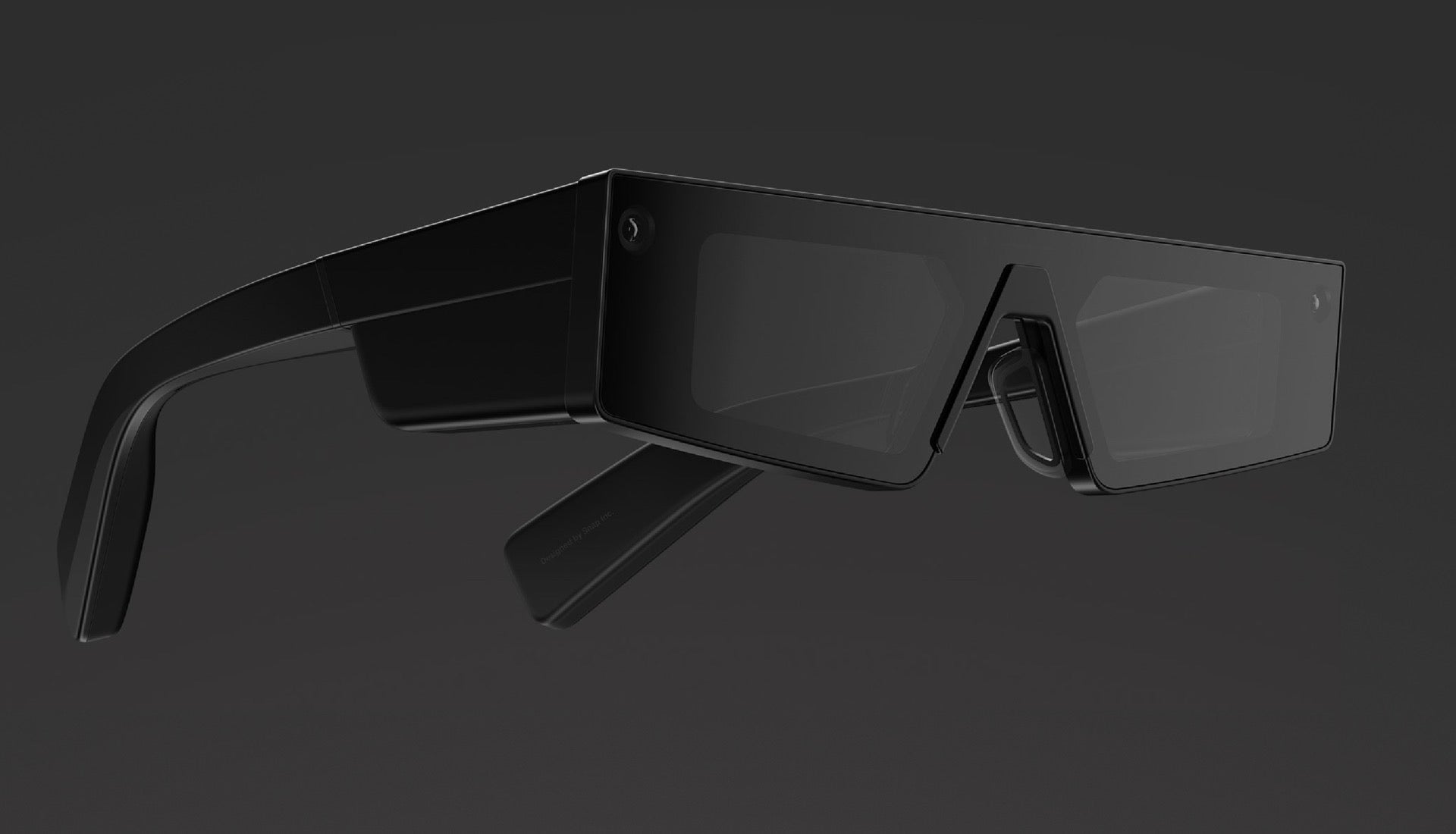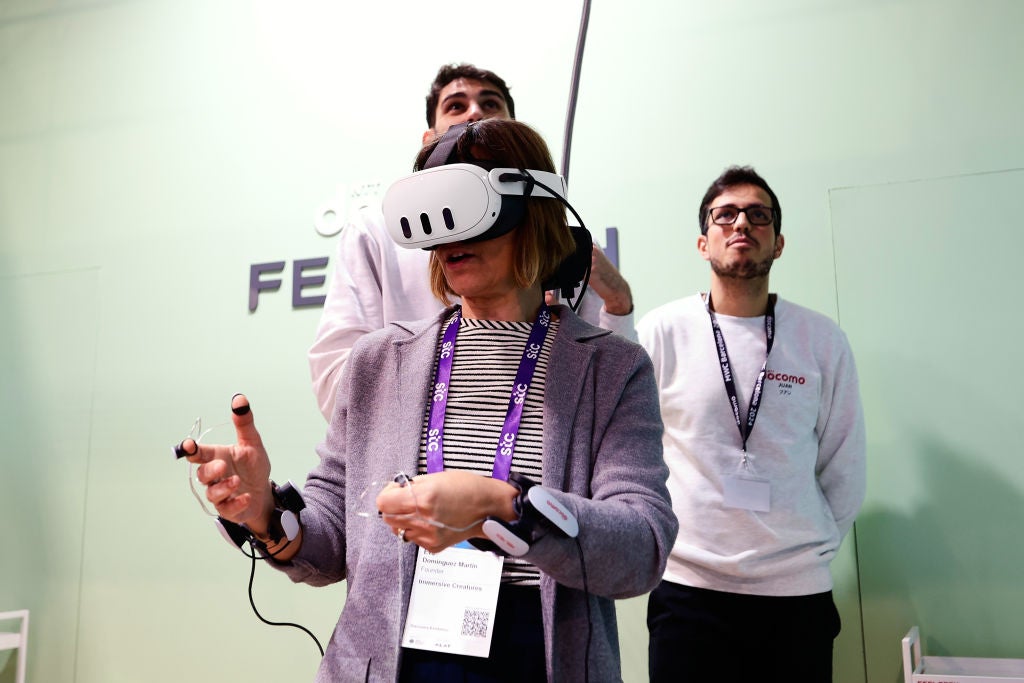
Social media powerhouse Snapchat has bought augmented reality startup WaveOptics in a $500m deal. The acquisition news comes as Snap, the owner of Snapchat, is cementing its stake in the augmented reality (AR) market. GlobalData’s thematic research estimates the market will be worth $76bn by 2030, up from $4bn in 2018.
WaveOptics is a designer and manufacturer of diffractive waveguides in the near-eye display market and is based out of Oxford, England. The startup creates lenses for smart glasses that can superimpose 3D pictures over the real world; waveguides are the small windows which the AR visuals are superimposed upon.
The company has raised $65m in total since its inception in 2014. The most recent raise occurred in September when a consortium of investors – including Sanqi Interactive Entertainment (Shanghai) Technology, Robert Bosch Venture Capital, Octopus Ventures, and HostPlus – invested in the business, according to GlobalData’s deals platform.
Over the years, WaveOptics has often been on the receiving end of prestigious tech accolades such as the Photonics West Prism Awards and has teamed up with companies like prescription lense manufacturer Luxexcel.
Last week Snapchat announced that WaveOptics had provided the AR displays for Snap’s fourth generation of Spectacles. The new smart glasses are the first iteration of Snapchat’s Spectacles that have built-in AR tech. The new Spectacles won’t be for sale; instead they will only be available to creators such as visual artists to create playful filters and pieces.
But it seems that the true extent of the Snapchat and WaveOptics collaboration went even deeper, as Snap has now acquired the startup in a $500m deal, which The Verge was the first to report. The social media giant will pay $250m in stock now and the second half in two years’ time.
How well do you really know your competitors?
Access the most comprehensive Company Profiles on the market, powered by GlobalData. Save hours of research. Gain competitive edge.

Thank you!
Your download email will arrive shortly
Not ready to buy yet? Download a free sample
We are confident about the unique quality of our Company Profiles. However, we want you to make the most beneficial decision for your business, so we offer a free sample that you can download by submitting the below form
By GlobalDataWhile the acquisition means that Snapchat has shored up a supplier for future generations of AR-enabled smart glasses, Snap also revealed that WaveOptics will continue to supply other companies with its waveguides.
Evan Spiegel, CEO and co-founder of Snapchat, has previously said that full adoption of AR glasses for the consumer market is still many years away. When asked pointedly by CNBC about when Snapchat’s WaveOptics acquisition will pay off, he dodged the question. Instead, the entrepreneur said that developments in AR smart glasses is a multi-year commitment.
“This really represents a long-term investment in the future of Spectacles,” he said. “And we are so excited about working more closely with [the WaveOptics] team. They bring so much expertise and years and years of development to the table. Now we are really able to work together over the long term.”
Snapchat’s acquisition of WaveOptics comes as the smart glasses sector is growing increasingly crowded.
Facebook has partnered with Ray-Ban to produce its own glasses and Apple is rumoured to be working on its own set of specs. Alphabet, which arguably started the trend in 2013 with its ill-fated initial iteration of Google Glass, announced its Google Glass Enterprise Edition 2 in 2020, complete with AR capabilities.
The first Google Glass launch may have only resulted in early adopters being branded with the unflattering soubriquet “glassholes”, but a recent GlobalData thematic research report suggests that the market is set to really take off within this decade.
The researchers expect that revenue from the smart glasses market will skyrocket from $374m in 2019 to $2.3bn by 2030.






